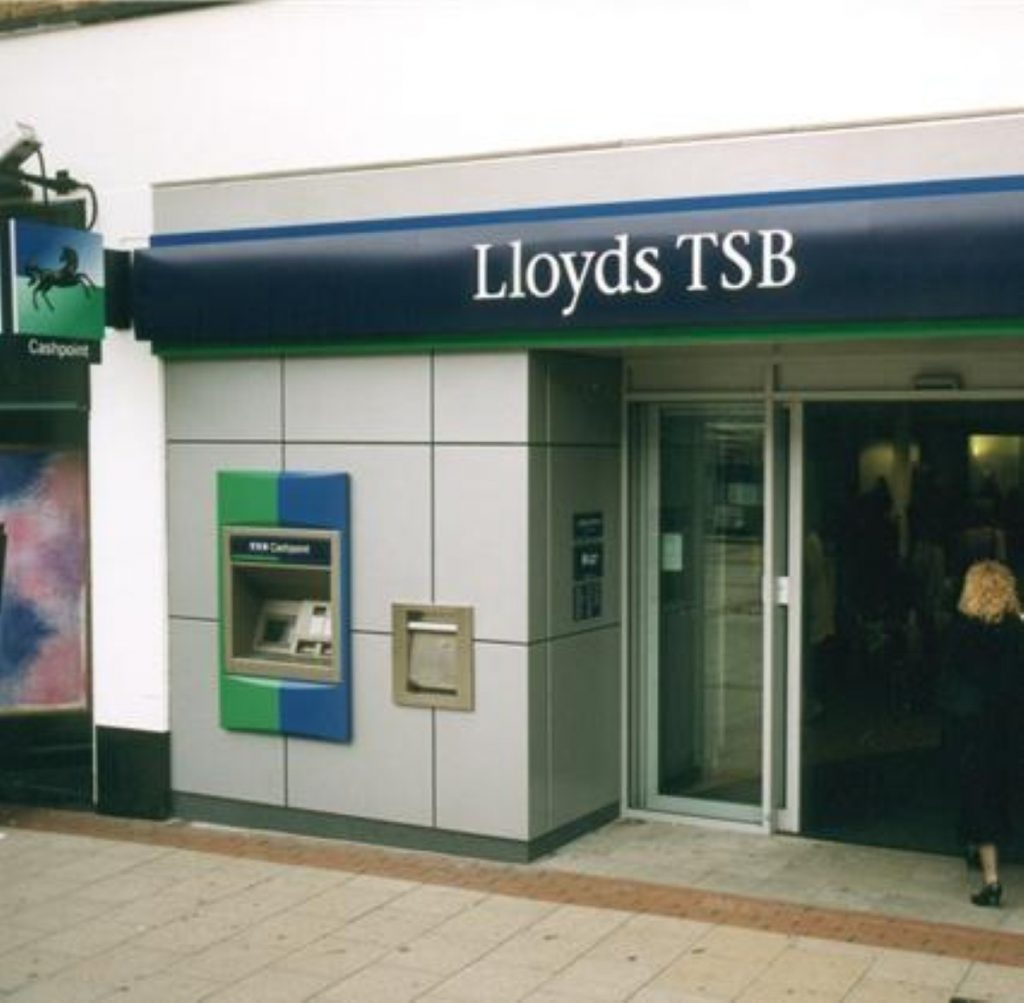Govt dismisses Lloyds TSB sanction concerns
By Alex Stevenson
The government has brushed aside a Labour backbencher’s concerns about the damaging impact of Lloyds TSB’s sanctions-breaking past.
Treasury minister Stephen Timms said yesterday the bank, part-nationalised in October after it experienced liquidity problems, had not broken UK or EU law when it engaged in what US authorities described as “stripping”.
Last month Lloyds TSB agreed to forfeit $350 million (£246 million) to the US after admitting violating America’s sanctions regime against Iran, Sudan and other countries.


The US department of justice said the bank had deliberately removed information including customer and bank names in an attempt to ensure wire transfers would escape the notice of monitoring US financial institutions.
Court documents including evidence dating from 1995 to January 2007 led acting assistant attorney general Matthew Friedrich to conclude the bank “facilitated the anonymous movement of hundreds of millions of dollars from US-sanctioned nations through our financial system”.
Now Lloyds TSB is part-owned by the taxpayer, Andrew Mackinlay has raised questions about the case. He asked Gordon Brown about the issue in prime minister’s questions on January 21st but was told “we and other countries are leading the world in the sanctions against Iran”.
The prime minister subsequently wrote to the Thurrock MP to state the bank was not breaking the law in Britain. That view was restated by Mr Timms, financial secretary to the Treasury, in the Commons yesterday afternoon. “We can only prosecute for breaches of UK law,” he said. “[Lloyds TSB’s]. actions don’t constitute a breach of UK or EU law.”
“I’m surprised there isn’t a breach of UK law – but the PM tells me there’s isn’t,” Mr Mackinlay told politics.co.uk before the adjournment debate.
“If there isn’t, it means there was a serious lacuna and that’s rather embarrassing to the British government. It has been bleating on about the actions of Iran – saying it has been seeking materials with dual use. Our politicians have claimed terrorism was being exported from Iran.”
The Bank of England announced on March 24th 2007 – two months after the final court documents showing evidence against Lloyds – that relevant sanctions were coming into effect after being passed by the United Nations security council.
Mr Mackinlay received support in the Commons from Conservative MP Charles Walker, who said Britain’s standing would be damaged as a result.
“It makes us look a laughing stock around the world,” he said.
“What on earth was a British bank doing, doing business with Iran?”
Mr Timms explained EU transfer regulations banning the removal of payer details only came into force on January 1st 2007.
And he argued “it is no surprise” breaches of US sanctions did not cover EU or UN sanctions because the US’ general sanctions were introduced after the Iranian revolution of 1979. The UN and EU’s were “more recent and more targeted”.
Mr Mackinlay, a member of the Commons’ foreign affairs committee, told politics.co.uk: “If this bank is rightly owned by the UK government, it’s outrageous that through its earlier stewardship we’re going to have to pay out an unprecedented $300 million in a penalty to the US authorities.”
He continued by raising questions about the role of the Financial Services Authority (FSA), which has come under fire this week following the resignation of its deputy chairman Sir James Crosby.
“I ask the minister to address the following points. Will he tell us precisely to what extent this has been examined by the Treasury, the Bank of England, the FSA, the Serious Organised Crime Agency and our security and intelligence services?” he said in the Commons.
Mr Timms did not specifically address these points in his answer.

